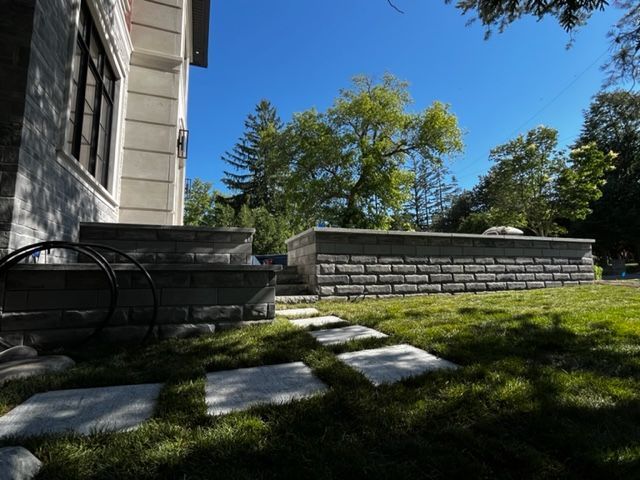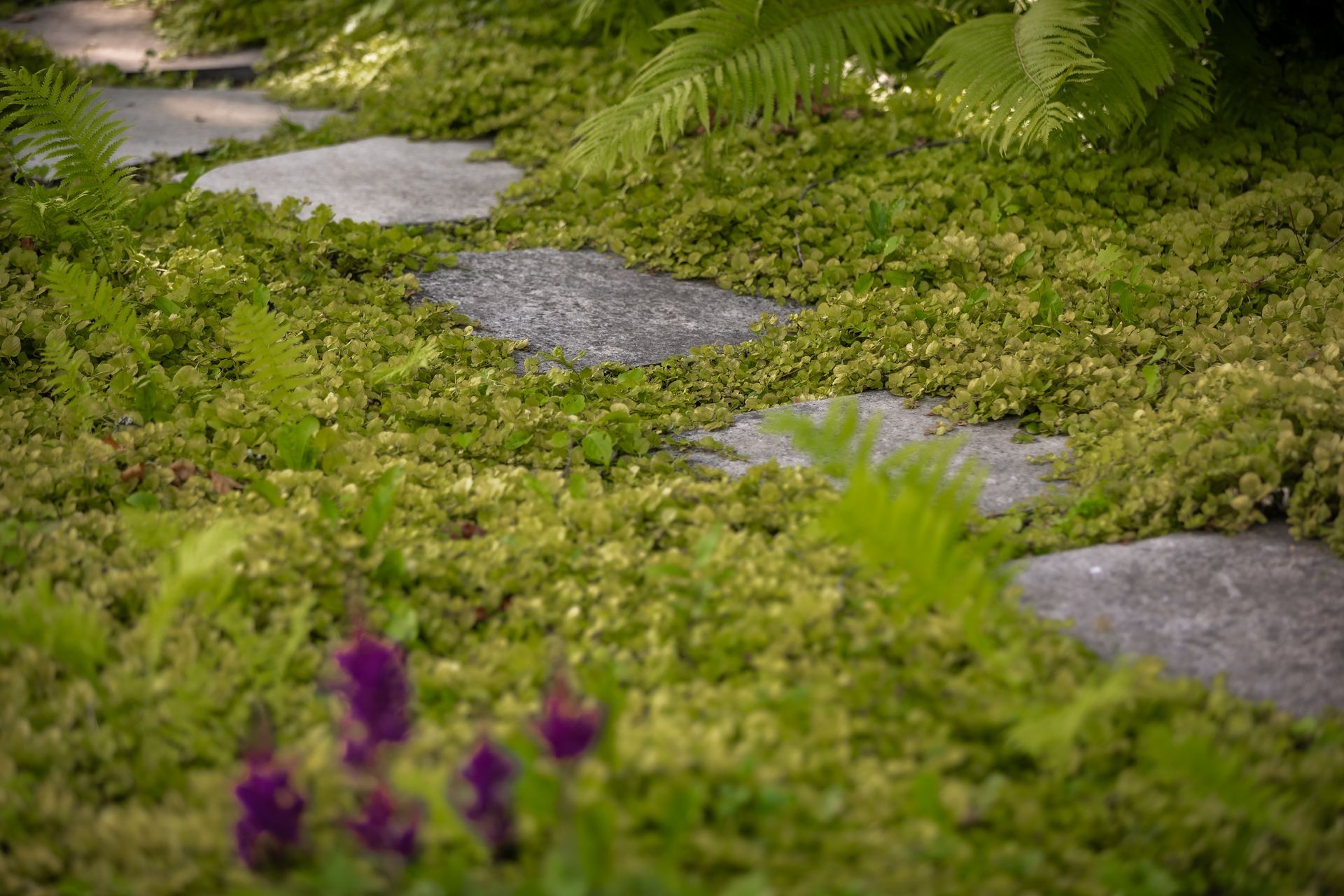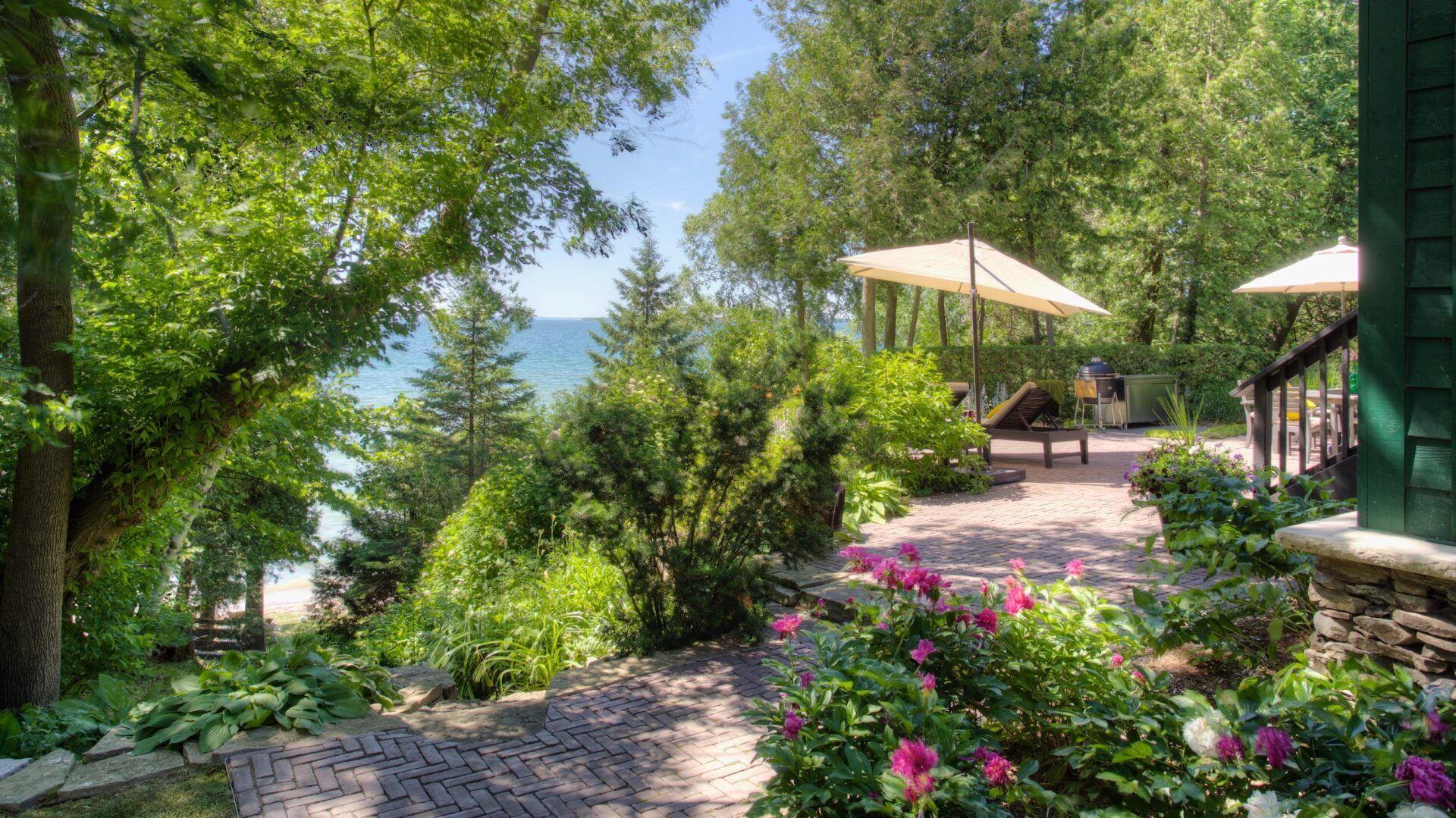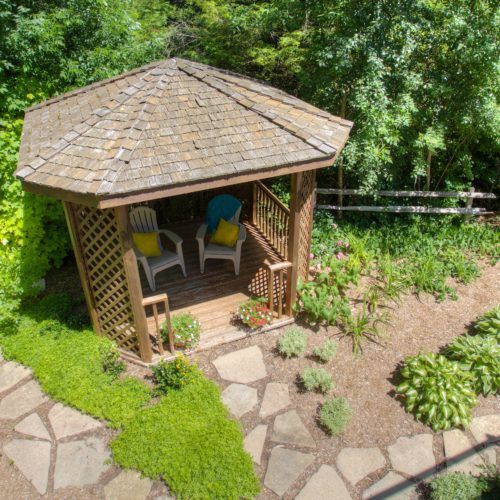Healing the Shore
Restoring Waterfronts for People and Planet
Shorelines are where land and water meet—and where some of the most critical environmental functions take place. Over time, development, erosion, and pollution can degrade these fragile zones. But with smart, sustainable shoreline restoration, we can bring them back to life.
What Is Shoreline Restoration?
Shoreline work involves stabilizing and restoring waterfront edges using techniques that balance erosion control, habitat creation, and aesthetic appeal. It can range from simple plantings to full-scale reconstruction.
Common techniques include:
- Living shorelines – Use native plants, biodegradable materials, and natural grading instead of concrete or rock alone.
- Buffer zones – Planting native vegetation to filter runoff and reduce erosion.
- Boulders – Combining natural materials such as granite boulders with engineered support to slow wave action without harming ecosystems.
Why It Matters
- 🌿
Environmental Health
Healthy shorelines filter pollutants, support wildlife, and reduce algae blooms by minimizing nutrient runoff. - 🧱
Erosion Control
Stabilizing the shoreline protects your property from land loss and storm damage. - 🌊
Climate Resilience
Natural shoreline systems absorb wave energy, helping waterfronts adapt to rising water levels and extreme weather. - 🐟
Habitat Creation
Restored shorelines provide critical breeding and feeding grounds for fish, birds, and pollinators.
A Win for People and Nature
Restoration doesn’t mean sacrificing beauty or usability. Thoughtful shoreline work can create walkable paths, serene views, and vibrant landscapes, all while protecting water quality and biodiversity.








